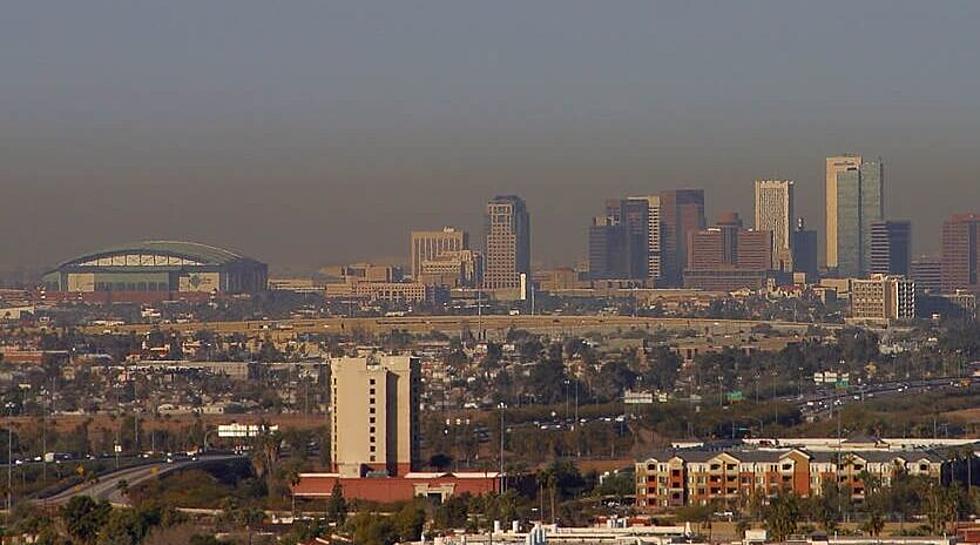
Arizona tax collections down sharply in December
Jim Small
(Arizona Mirror) State coffers continued to hemorrhage money in December, driving Arizona’s revenue shortfall to more than $480 million below what was expected just six months earlier.
A new report from the nonpartisan analysts at the Joint Legislative Budget Committee released Monday showed that tax collections for the month were down sharply from a year ago and significantly from what lawmakers planned for when they approved a budget in May 2023.
Revenues came in $75 million below projections, and income tax collections for both individuals and corporations were dismal.
Individual income taxes were almost $60 million less than expected, thanks to the implementation of the flat income tax, which went into effect in January 2023. For the fiscal year, which began in July 2023, individual income taxes are $481 million below what the budget anticipated.
And corporate tax collections were so bad in December, clocking more than $80 million below the predictions, that it turned a bright spot in the budget into a sea of red ink.
“Since (fiscal year) 2020, the category has experienced cumulative growth of over 250% and showed no sign of slowing growth — prior to the December results, the (corporate income tax) category had year-to-date positive growth during (the current fiscal year) and was generating significant forecast gains for the state,” JLBC analysts wrote in their report.
But no longer: December’s corporate income tax haul was so poor that it wiped out those gains and “has now turned negative for the year… and the tax category is not posting a net forecast loss for the fiscal year.”
That’s because December is one of the most important months for corporate income tax collections, representing nearly one in every five dollars the state collects in business taxes.
State sales taxes continued to be a relative bright spot, coming in about $30 million higher than expected — though they are still about $36 million, or 0.9%, below the forecast.
JLBC analysts this month released their annual baseline budget book, which projects an $835 million shortfall for the current fiscal year and another $879 million deficit in the 2025 fiscal year, which lawmakers must approve a budget for in the coming months.
Also this month, Gov. Katie Hobbs announced her budget proposal for the upcoming year, though she has a considerably rosier view of the state’s financial situation and believes the deficit will only by $460 million.
On Jan. 25, JLBC will present an updated analysis of the state’s budgetary situation when the Finance Advisory Committee meets. The group of state and private economists advises the legislature and meets three times a year.
